The history of safaris has been traced to William Harris who in 1836 led a group to observe and record wildlife. He established the safari style of the journey which started with an energetic walk in the day, rest in the afternoon, and a formal dinner with store telling in the evening over drinks. The modern style safari involves a journey in which tourists interact with local communities and leave positive impacts on the local economy. These days, most safari companies ensure that local communities benefit through employment and other interventions. African safari today is not primarily focused on viewing game and wildlife only but on learning and experiencing the local cultures of host communities; getting involved in outdoor activities; visiting historical sites; and exploring beautiful places and natural wonders. These trips are done by road to enable better viewing of wildlife between destinations. Other options could include hiking, sailing, and canoeing.
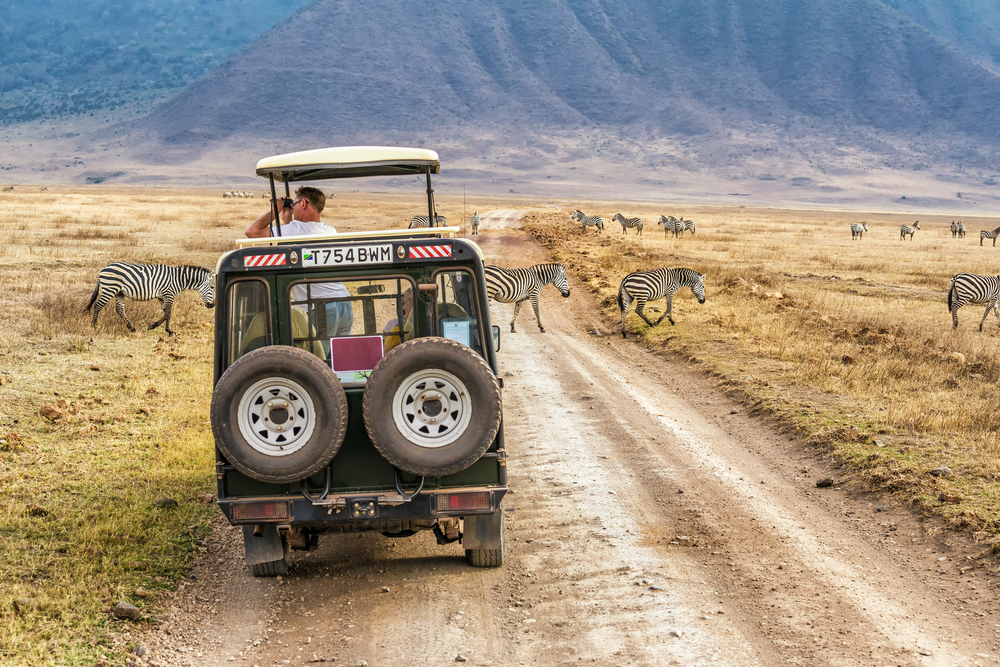
You will have a more fulfilling journey as you come to visit safaris in Botswana, Kenya, Tanzania, Uganda, South Africa, Zambia, Zimbabwe, Togo, Ghana, Mozambique, Madagascar, Swaziland, and Congo if you engage local professional private English-speaking tour guides or rangers. They are experienced and understand the tour business and can provide you with detailed information to plan the itinerary and avoid overspending.
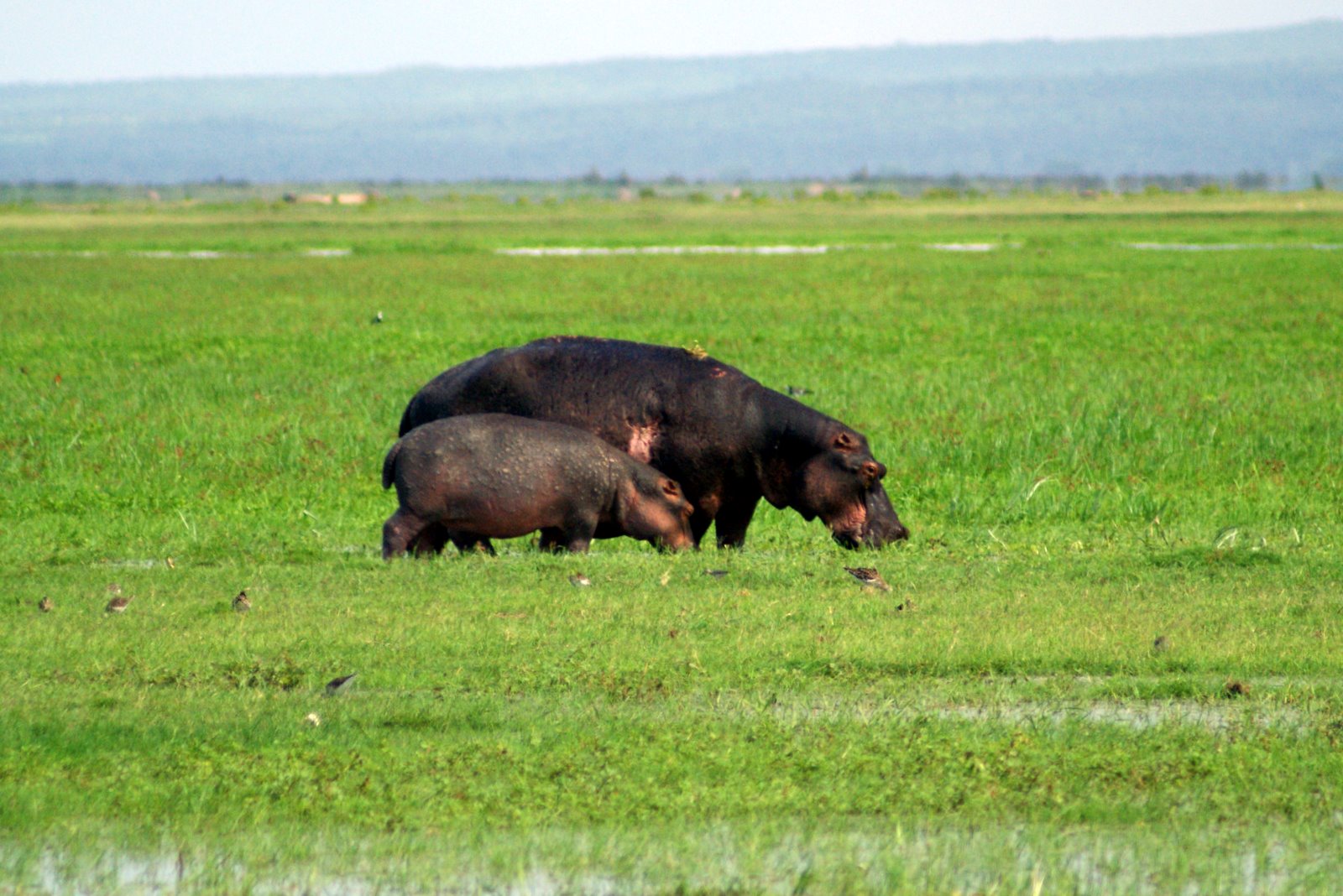
Working together with the local private tour guides speaking your language would benefit you more than planning the entire process alone. The tour guides or rangers are generally knowledgeable, and engaging and will be of great benefit to you.
Worth knowing about safari
A number of questions often arise in connection with planning a safari trip, and this is quite natural. A safari trip is something very special, and you cannot always make use of the other travel tips you have received from other places. That is why we have compiled an overview of tips and advice for your safari trip.
How does a safari take place?
A safari can take place in many different ways, but often it includes a game drive, where you experience the animals in an open or closed safari vehicle. However, there are also other ways to get close to the animals. Some safari trips also include a bushwalk, where the safari takes place on foot, a water safari, where the animals are experienced from the waterside, and a balloon safari, where you float over the savannah and see Africa from above. You have to decide which of these options you want to make use of when planning the safari trip. But never forget that all these activities you commit only in a company of a local experienced ranger (tour guide).
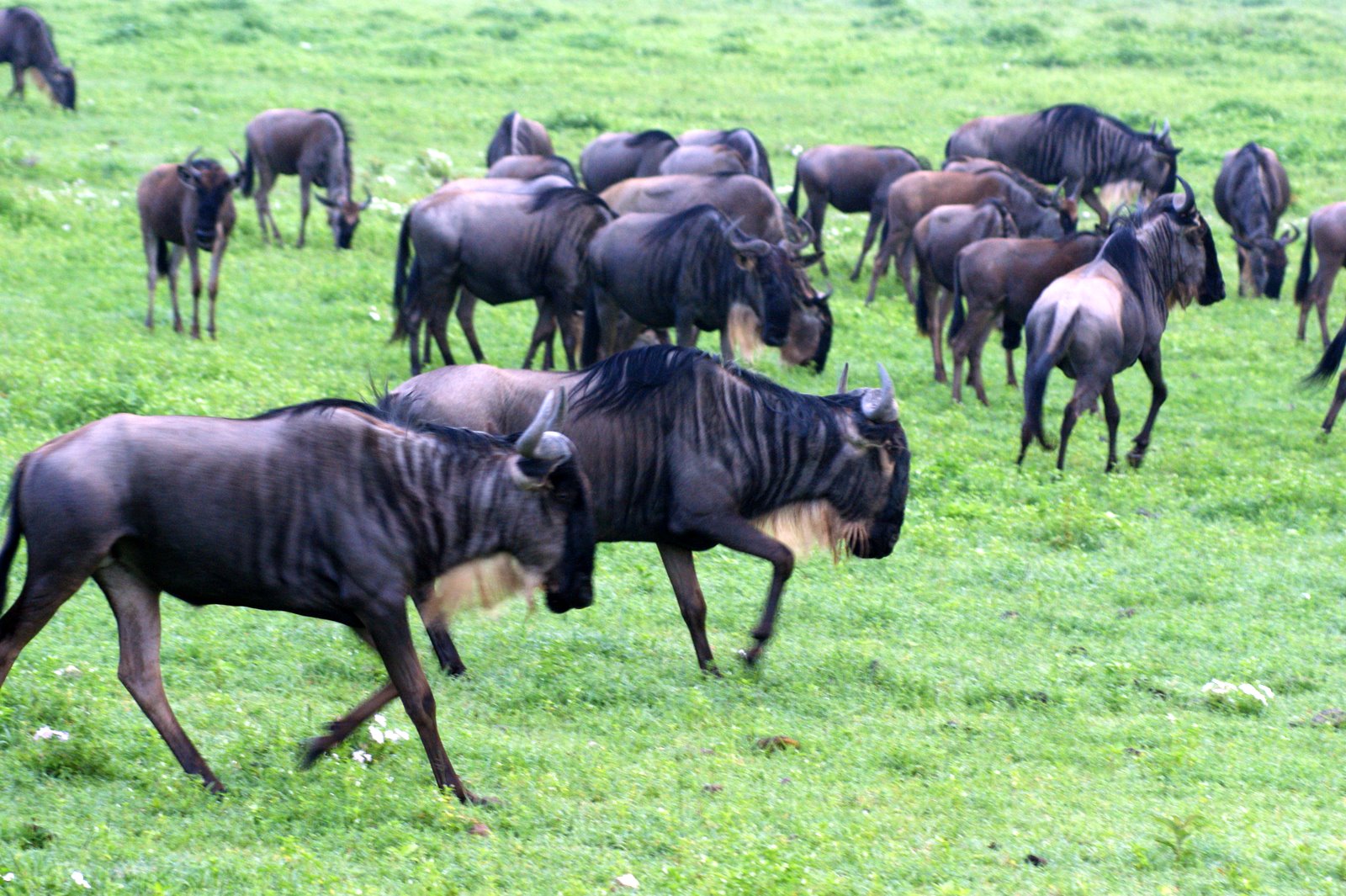
Which destination should I choose?
Where you will travel depends solely on your wishes and needs. A good safari matches your expectations and requirements for the trip, and quality and budget are of course important factors. In this connection, you can ask yourself a few questions that can create a clearer picture of which destination suits you best.
- How long do you have the opportunity to travel?
- When can you travel?
- What is your budget?
- How many people are you traveling with and are you traveling with children?
- What is the purpose of the trip?
- What would you like to experience?
- Which animals would you like to see?
- How would you like to live?
- Should the trip include a beach holiday?
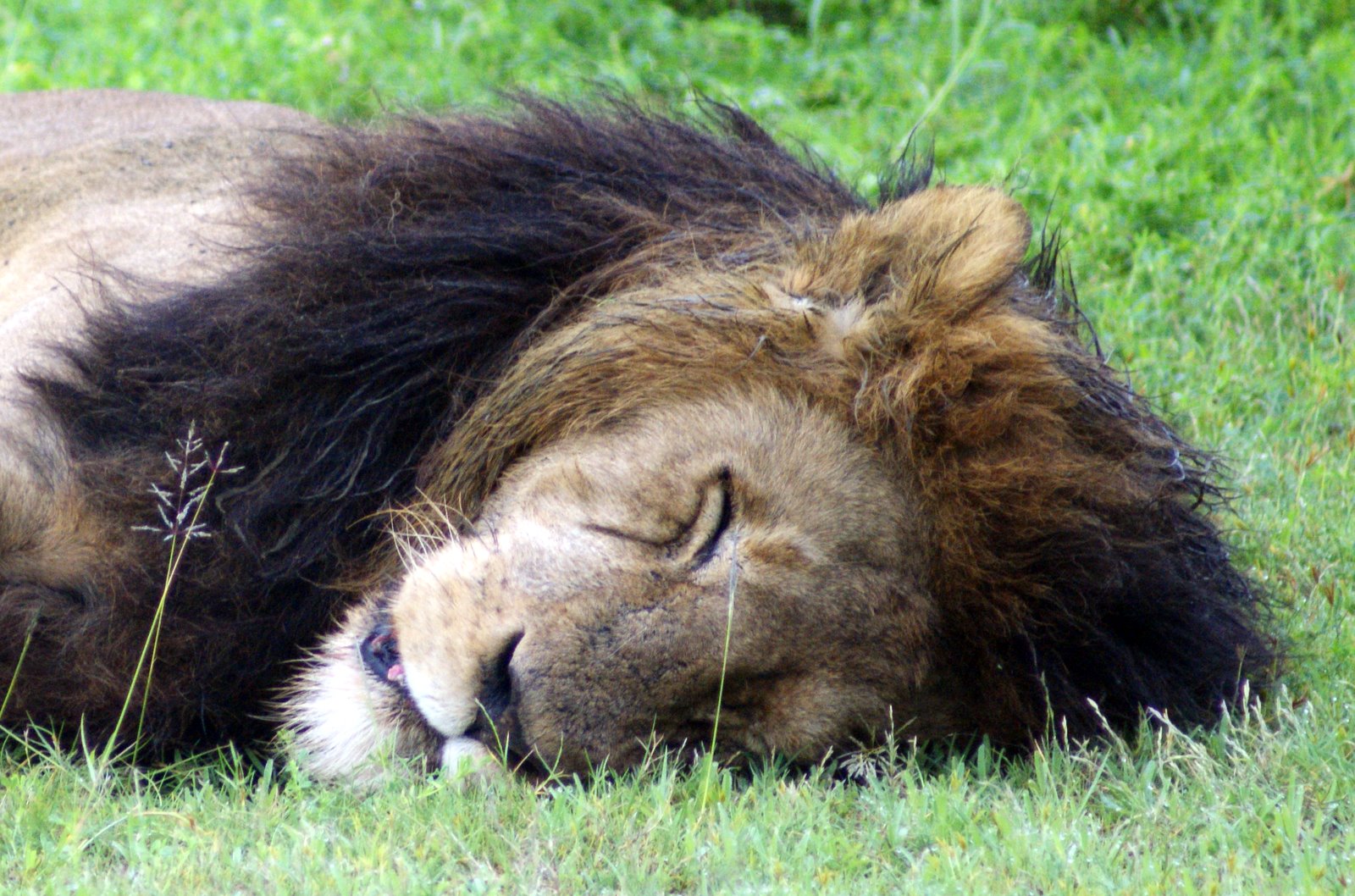
When is the best time to go on a safari?
There are several answers to this question because if you want to experience a certain phenomenon or a very specific experience, you must of course travel during the period in which this takes place. Here, we are always ready to help if you are in doubt about when you, for example, can best experience "The Great Migration" in Tanzania and Kenya or when Victoria Falls is best experienced in Zimbabwe The fantastic thing about a safari, is however, is that you never come home without a backpack full of experiences, and all seasons have their own charms.
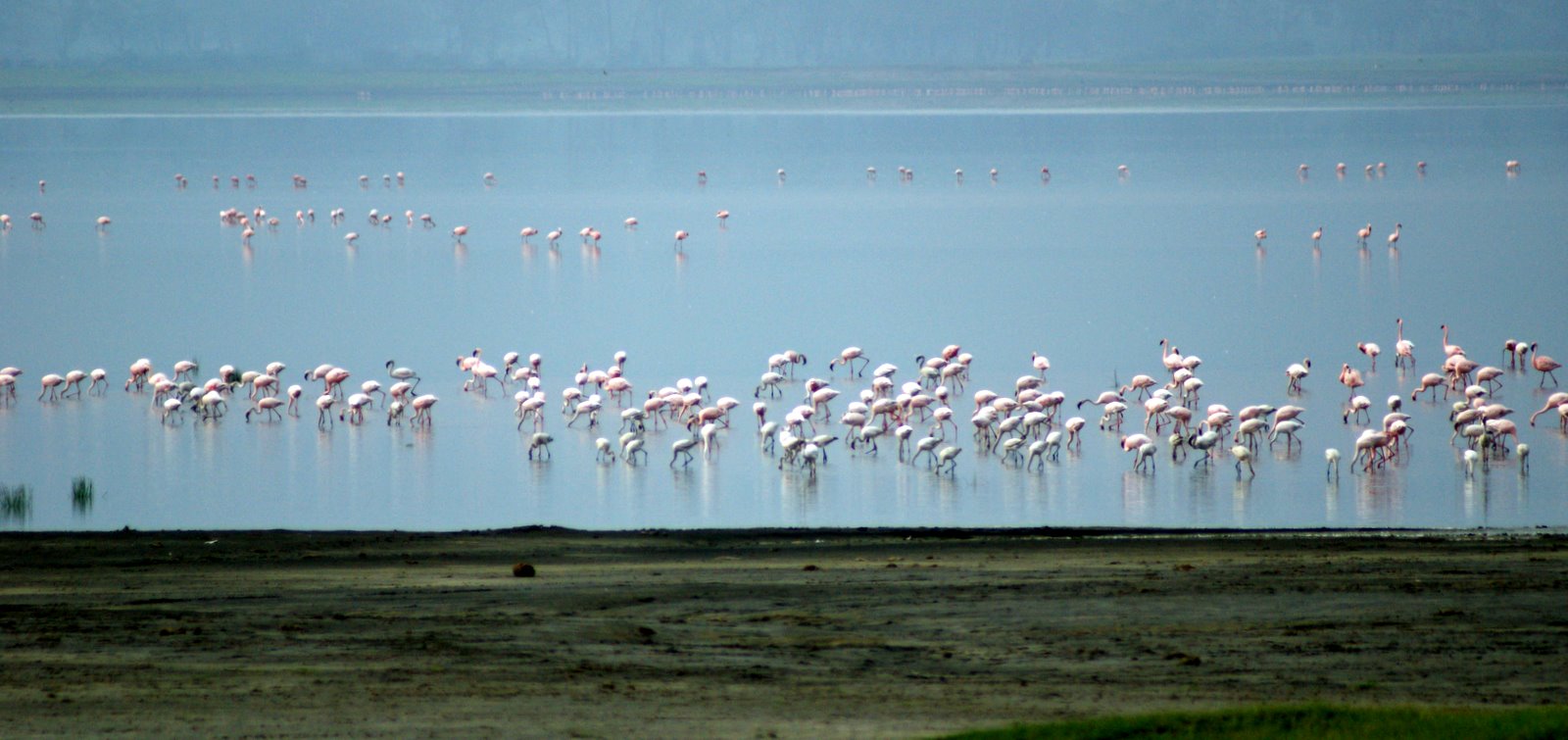
Is a safari dangerous?
People often ask if it is safe to travel to Africa. These are wild animals that you can get incredibly close to. With the right precautions and a competent local tour guide, who you will meet on all our trips, the answer is no, a safari is not dangerous. The only thing you need to be aware of is that you will have frighteningly good experiences among the wildlife and in the varied nature.
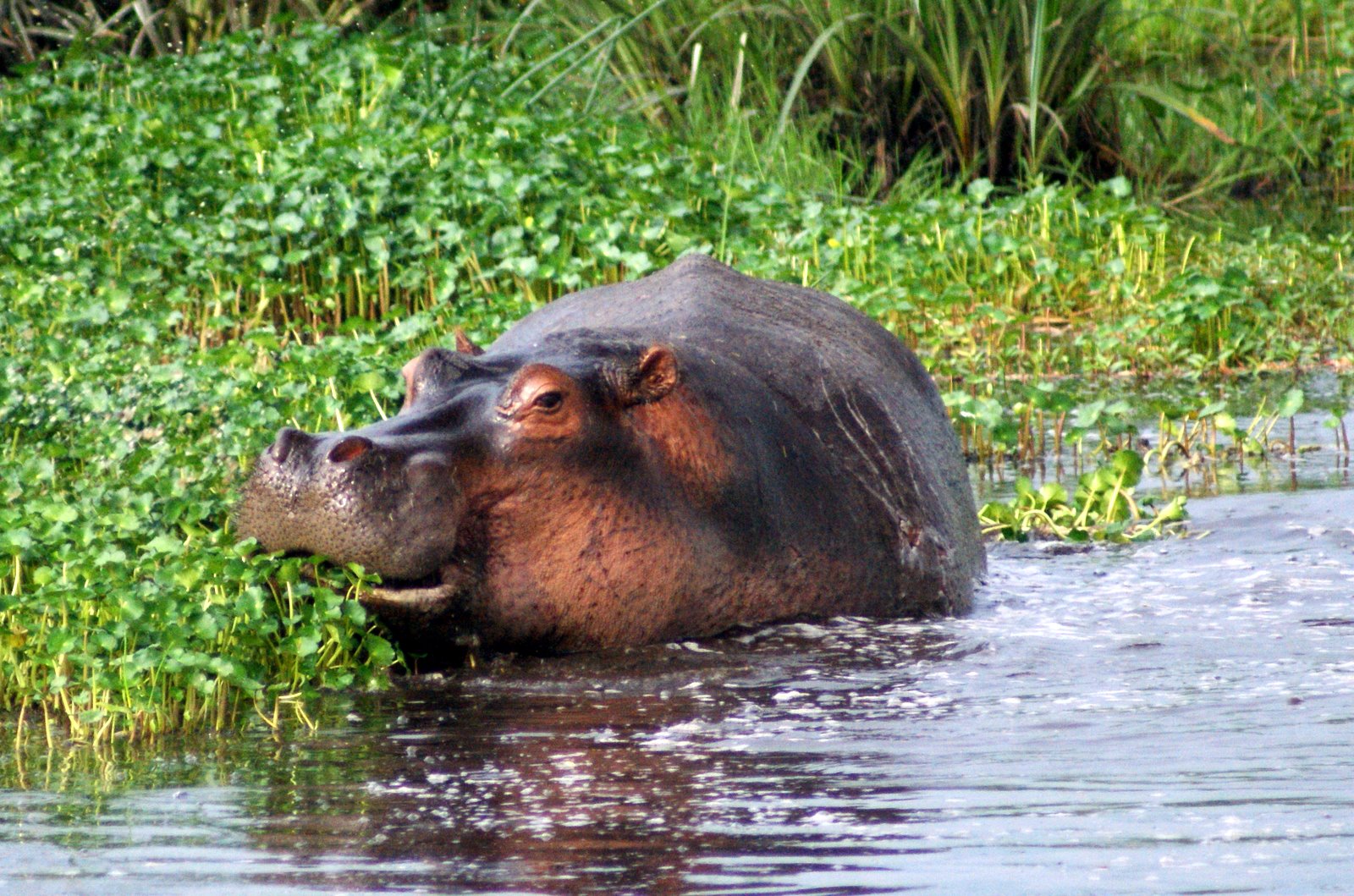
Which animals can I see?
Exactly which animals you can see depends partly on where you travel to and partly on the behavior of the animals in question during the season (and indeed also on the day in question). The fantastic thing about a safari trip is that you experience nature and the exciting unpredictability of wildlife, and this undeniably implies that it is difficult to say in advance exactly which animals you can see. If you want to have a good chance of experiencing a large and dense population of animals regardless of when you travel, Kenya's Masai Mara is a good bet. The lush grass savanna has an incredibly diverse and dense population of animals throughout the year.
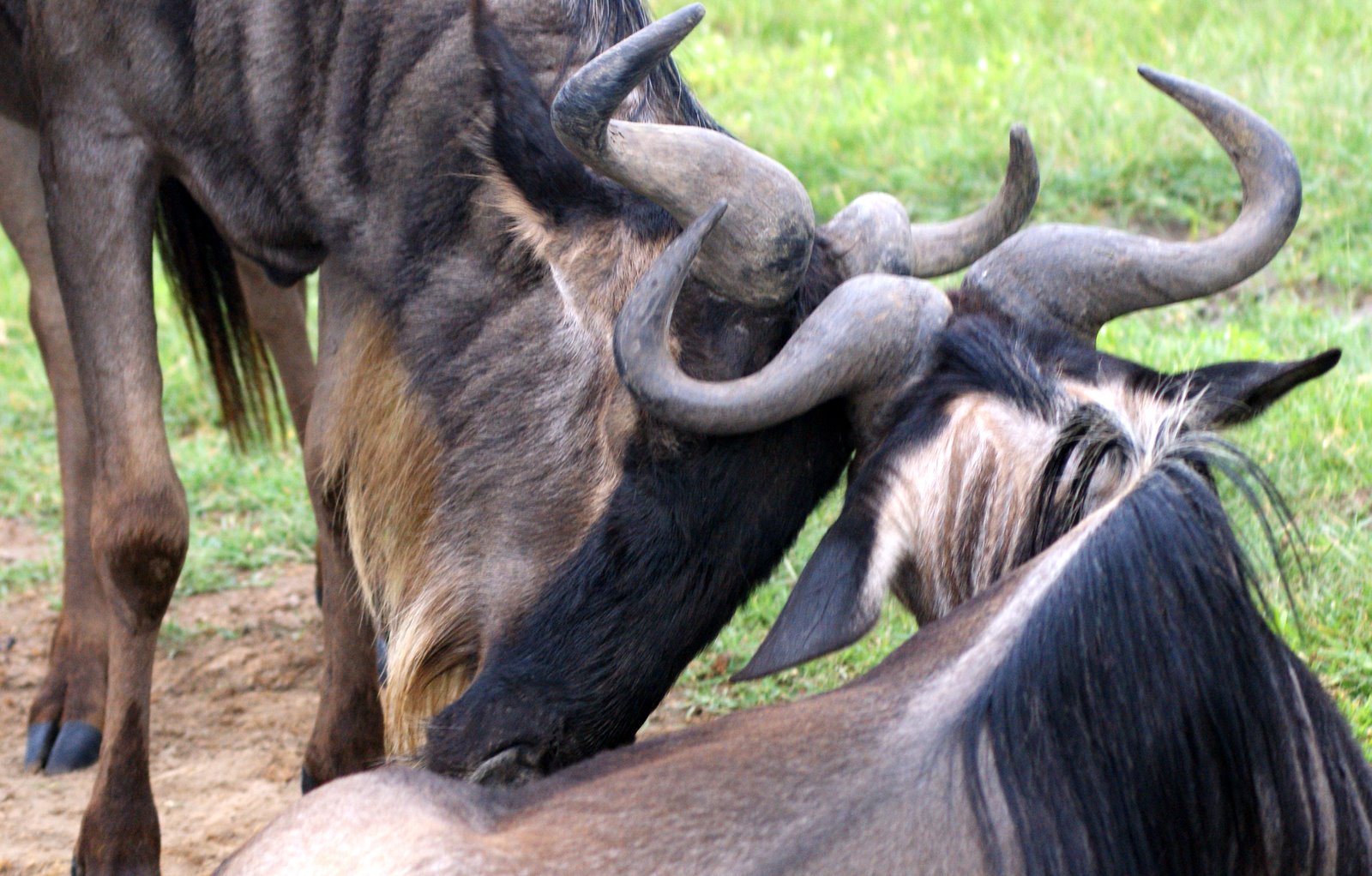
Can I take pictures of the animals?
Yes, you can of course immortalize the many fantastic experiences from your safari trip! You don't even need to invest in a lot of advanced equipment if you just want some nice pictures to show off afterward, a mobile with a camera can often be enough. If the requirements are slightly higher for the results of the photos, it can, of course, be useful to invest in the right photo equipment from home. However, there is just a small caveat in relation to photographing the animals. A sharp flash can scare the animals away, so remember to take that into account. In addition, it is also recommended that the camera be put away in between so that you can simply enjoy the sound, the sight, and the whole experience of being so close to the wild animals.
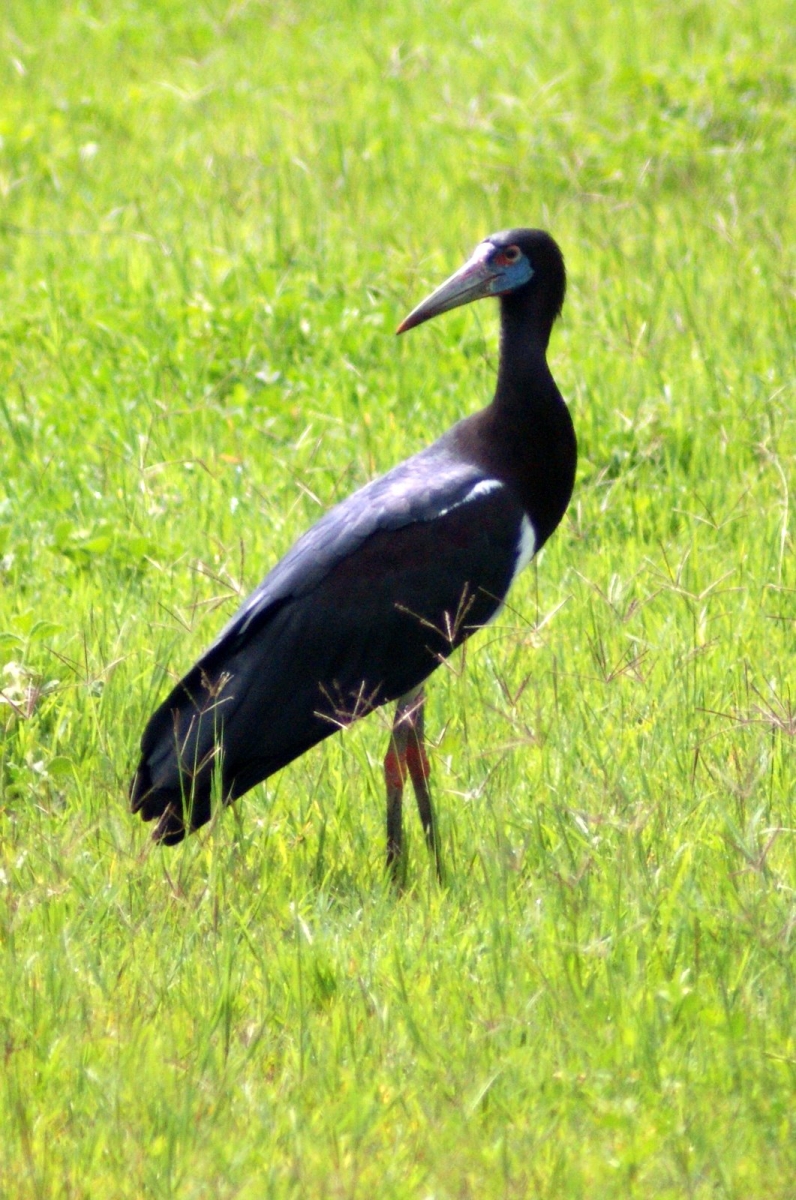
What should I pack for a safari?
Many things are of course individual according to need when packing. However, there are also a few general tips that are quite useful to know when you have to make a packing list for the safari trip It is very good to bring clothes in neutral colors, including beige and brown. Avoid bringing clothes in harsh colors, as they can scare the shy animals away, and dark colors, as they are a magnet for mosquitoes. Layers of clothing are quite useful as temperatures can change drastically over the course of a day. In relation to footwear, it is recommended again depending on the destination and the type of travel to bring both closed shoes with a solid sole for the safari itself and relaxing shoes to wear at the accommodation. Remember to also pack various medicines as needed and important papers and currency.
Safari and malaria in Africa
What is malaria and what should I be aware of?
There are a few practical things that need to be taken care of before you go on a safari trip to Africa– however, it is not as comprehensive as it may first sound. First of all, we recommend always reducing the risk of malaria when you go on safari. Malaria is a feverish illness where you have some of the same symptoms as the flu. Although the disease has been feared by most for many years, it should certainly not deter you from traveling on safari to malaria-affected countries in Africa. Take precautions before departure and ask your travel consultant what the conditions are like at the desired destination. Always make sure to consult your own doctor before departure so that you can be prescribed a suitable type of malaria medication. As malaria medication is not exactly cheap, there is a tendency to take over excess pills from previous travelers, but this is definitely not recommended. We refer to buying the medicine at an authorized pharmacy with a doctor's prescription so that you are absolutely sure of the contents of the medicine. With these precautions from home, you are better equipped to travel to a safari country with malaria but there are also a number of things you can do while you are in Africa.
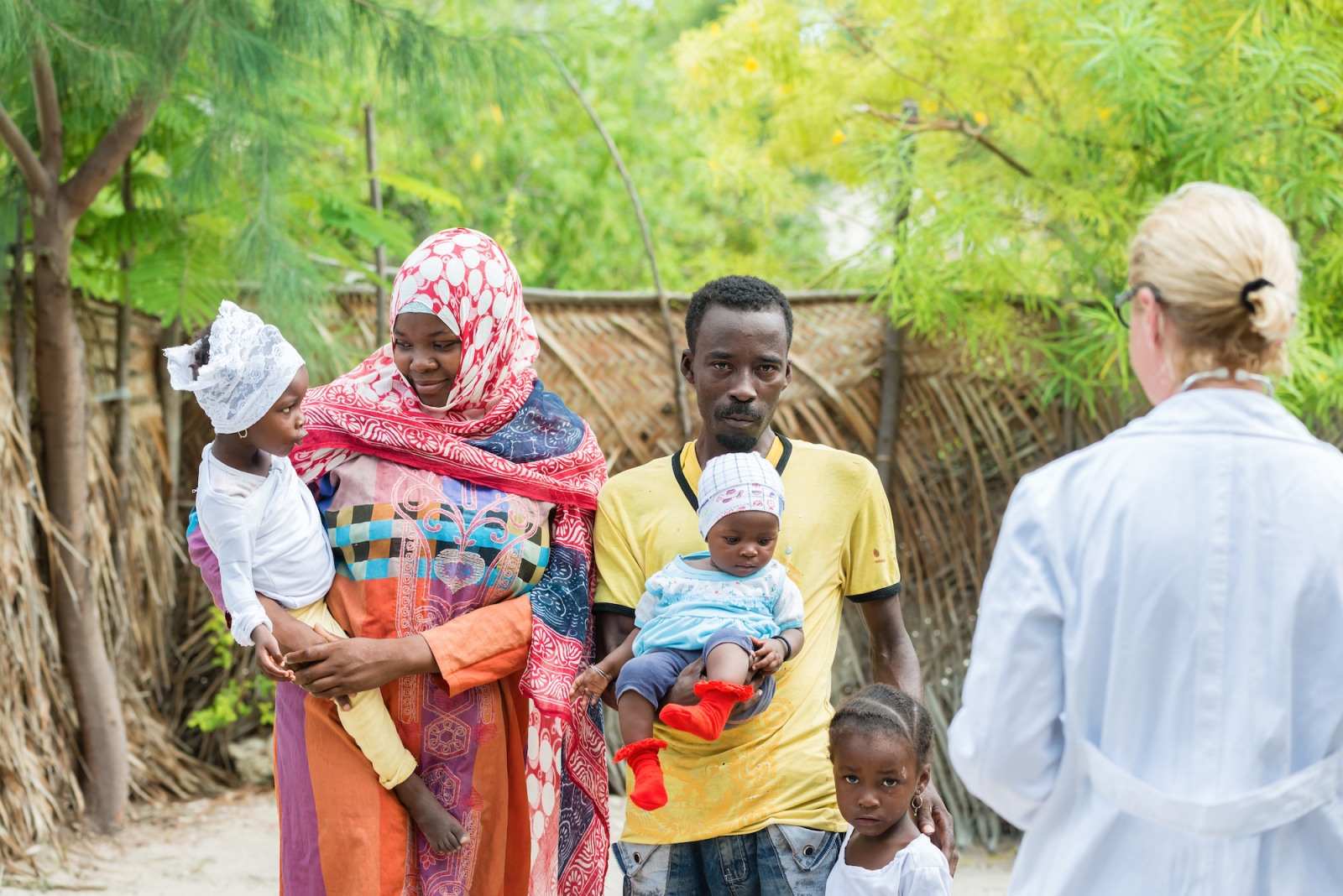
Safari in a country with malaria
Even if you have bought medicine from home, it is still a good idea to buy mosquito spray locally. Most mosquito species in Africa are more aggressive than those we know in Denmark, so by buying the spray locally, you get something that really lasts. It is a good idea to use mosquito spray both on the skin and on your clothes so that in this way you deter the mosquitoes to a greater extent. Please also wear long sleeves and trousers in the evening. Although the vast majority of accommodation places have mosquito nets, it is a good idea to ensure this before dark. A mosquito net around the bed is a bit of a must at night. If you follow this reasonably manageable and sensible advice, the risk of becoming infected with malaria will be quite minimal. But always keep an eye out for flu-like symptoms and headaches even after you get home.
Can children travel to a country with malaria?
It is not recommended to travel to a country with malaria with very young children or if you are pregnant. This is due to several things. In particular, the reason is that certain antimalarials cannot be used in children, and therefore malaria cannot be prevented as well as in adults, while the treatment of malaria is not as optimal either. However, this does not mean that you cannot take your children on safari. Among other things, southernmost South Africa is generally free of malaria, and here you will find a number of easily accessible private reserves. So you don't have to compromise on the safari experience, even if you are traveling with children. If you are traveling with children, it is a good idea to check up on good advice for a child-friendly safari and in general, no matter who you are traveling with read our good advice for preventing malaria.
The importance of a good local tour guide
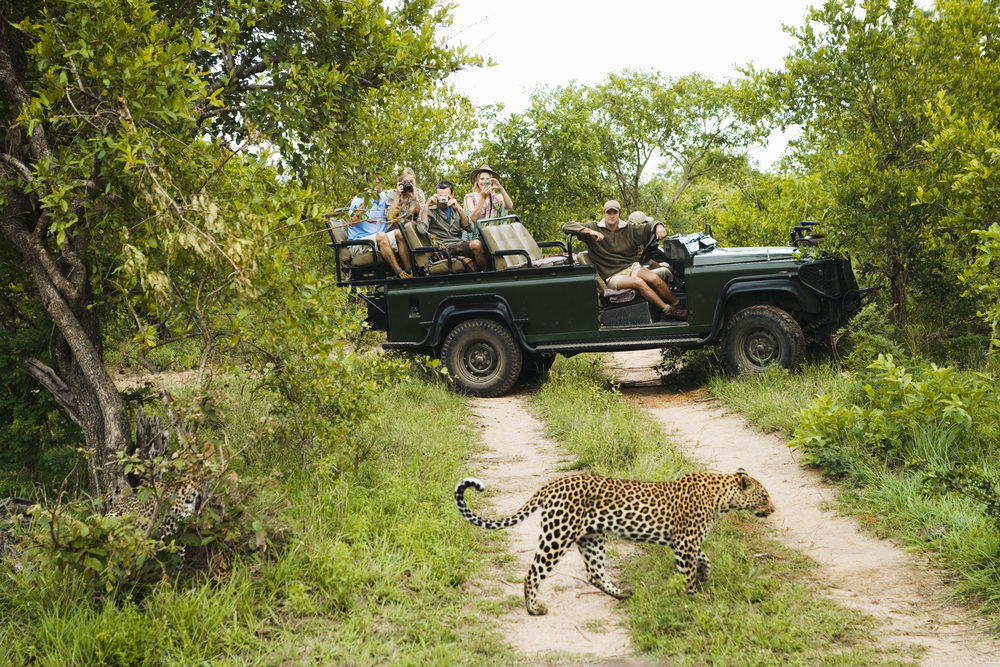
How close can you get?
Most people know that the leopard is an animal you shouldn't get too close to if you hold your life dear. But experiencing the wild animals up close is undeniably part of a good safari trip. How close to the animal is TOO close? Trying to figure this out on your own can go horribly wrong. A good local tour guide can bring you as close to the animals as possible. When you are close to, for example, the leopard, it is extra exciting to get to know the animal; what does the leopard do in that particular area, how old is it, and does it have cubs? A travel experience is a bit like a story that needs to be told, and the more details and drama you get told, the more alive the experience becomes. Seeing the African animals or a nice sight is of course an experience in itself, but if you know why the flamingos are pink, what makes the migration through Masai Mara a unique animal phenomenon, why the Masai live the way they do, or how high Mount Kenya is above sea level, then it gives a dimension to the experience that makes the journey unforgettable.
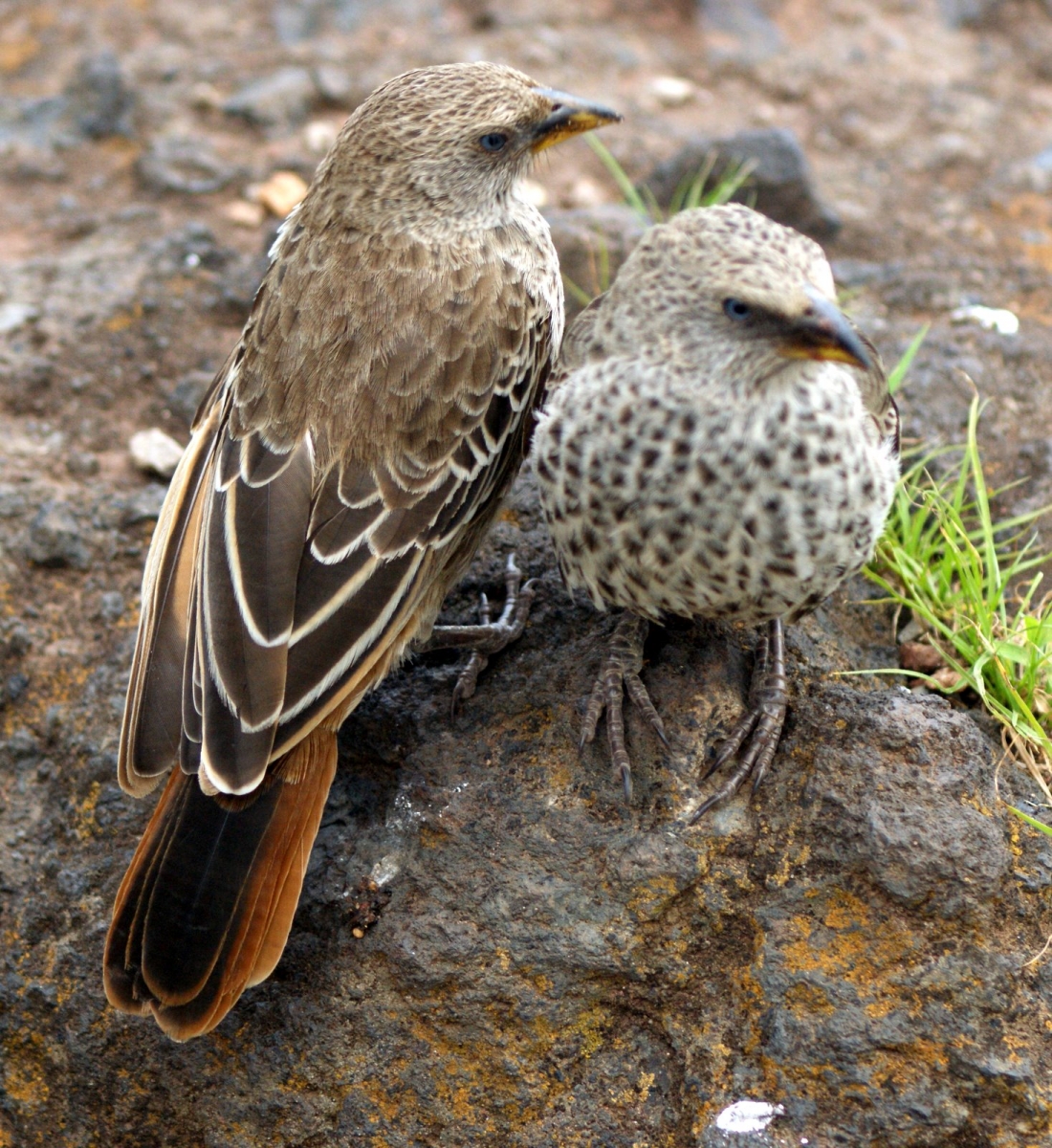
There is nothing worse than a bad tour guide
Sometimes we have traveled on our own, but on the vast majority of safaris, we have traveled with a tour guide. Our experience says that the quality of the tour guide is one of the most important factors for the safari experience. There is nothing that can enhance experiences more than a good tour guide and nothing that can ruin a travel experience more than a bad tour guide. We have quite a few times experienced guides who were completely disengaged and who barely bothered to tell anything, or guides who are simply incompetent and can only tell where the trees stand.
As a tourist, you can probably prepare a lot for going out and traveling, but on a safari, often and often something unexpected will appear; where is it possible to go to the toilet, where is it safe to get out of the car, which food is child-friendly, etc. If the tour guide cannot help in these situations, you will easily have a bad safari experience.
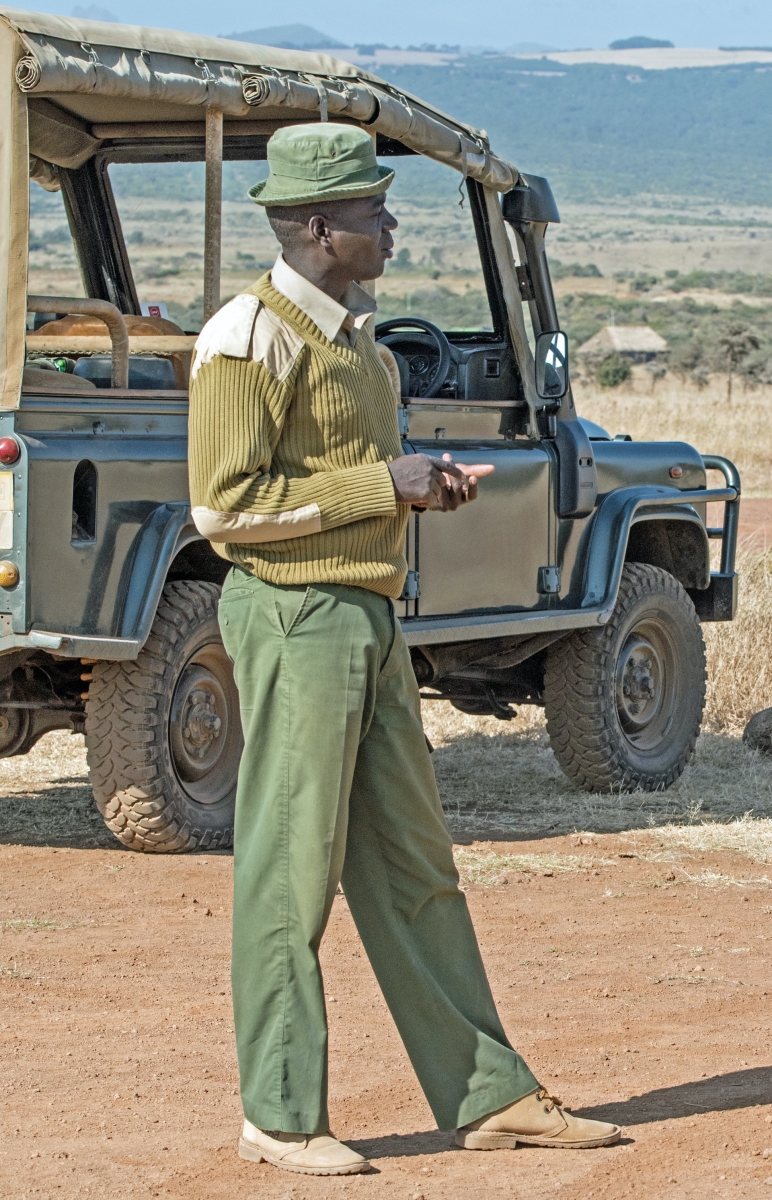
The importance of having a good local tour guide
Regardless of the destination in Africa, our experience is that the vast majority of guides are extremely competent. They are also very pleasant, accommodating, flexible, and are very happy to talk - with great pride - about all aspects of life in the bush. Our African partners make a huge effort to choose the best possible multilingual local tour guides for their safaris, and they also continuously train and improve their skills. Because a tour guide or driver must not only be able to tell about everything we experience. He must also be able to carry out minor repairs to the car, be able to demonstrate improvisational skills, e.g. in case of delays, show empathy and ensure that all participants on the safari have an unforgettable experience.
Get better experiences with a local tour guide on safari in Africa
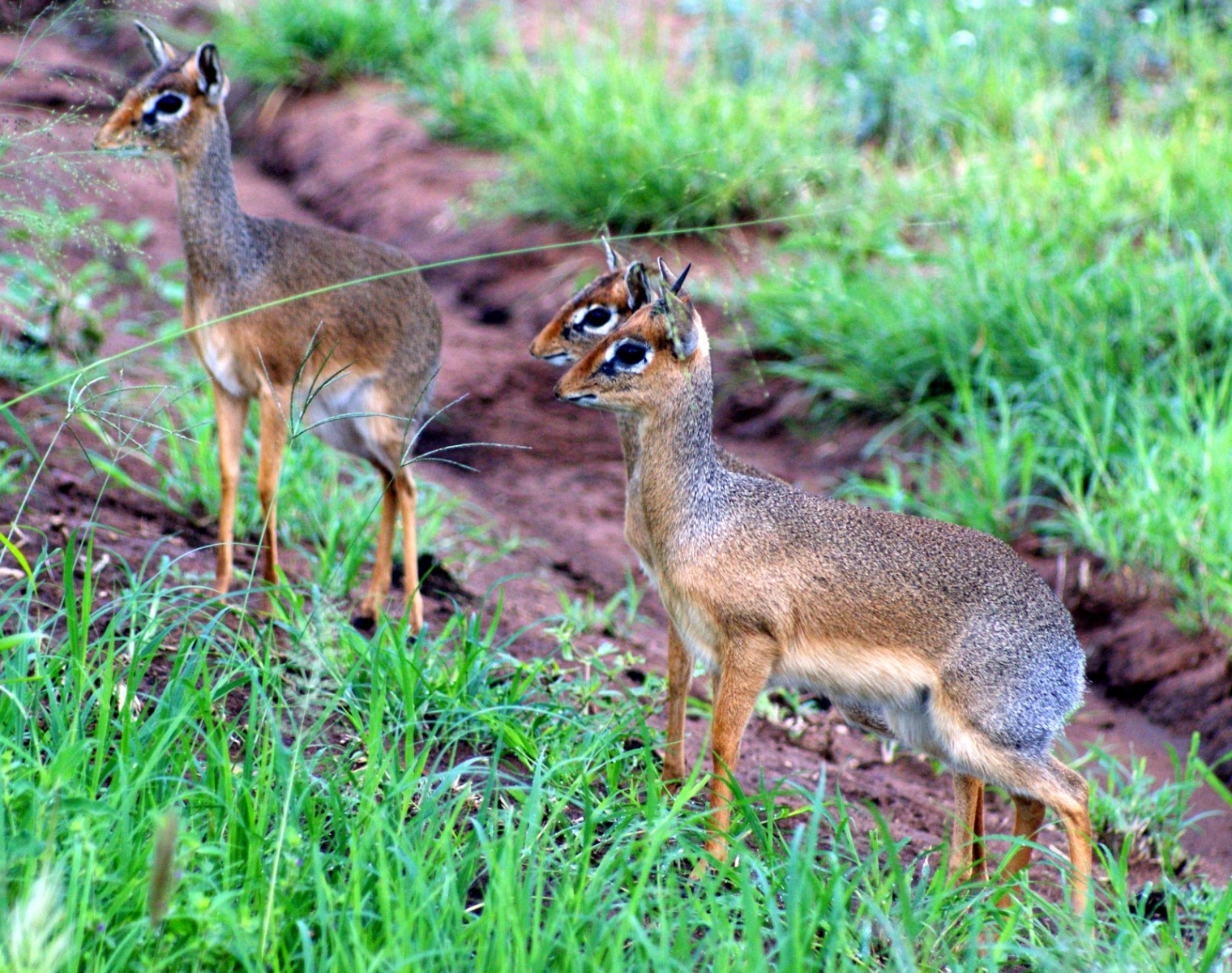
Expert knowledge about safari and the animals
One of the best things about a guided safari is that you have an expert with you who can scout and look for the animals with his great expertise and experience. Without a tour guide or ranger, in some areas, you may very well get away without the big safari experiences. Most tour guides have many years of experience and can not only find the animals of the savanna but also tell exciting stories and anecdotes about the animals and the area. If you travel to an area with the famous "Big Five", the guide is often the reason why you get to see all five. You can probably read a lot about the different areas, but it requires very special skills to be able to navigate the different terrains, entertain safari guests and at the same time look for the animals and follow them - that's why a safari with an experienced tour guide is what gives it the absolute best experience.
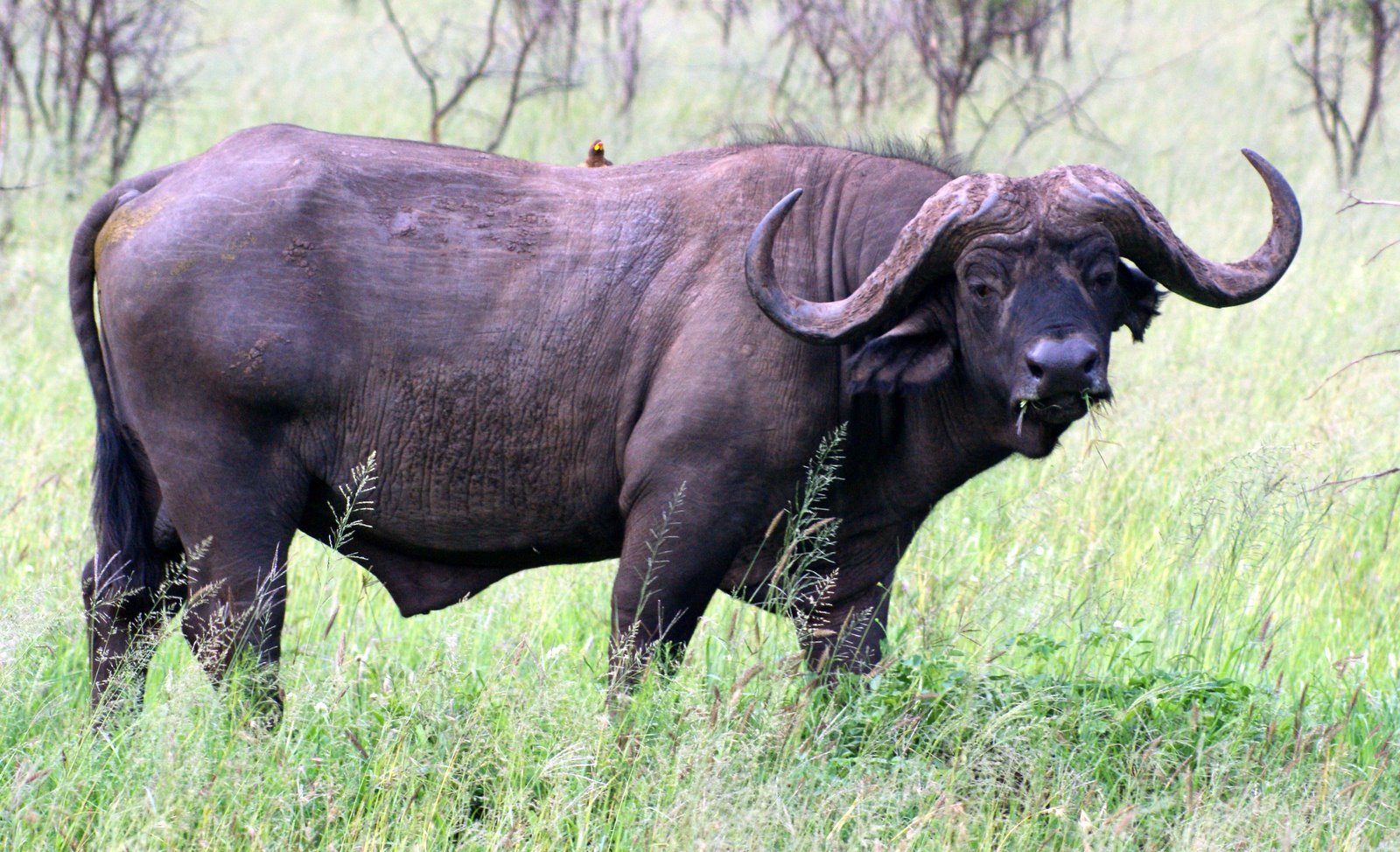
The complicated job as a local tour guide
Searching and scouting for animals is a very special art. First, the local tour guide must spot and identify the tracks as well as determine how old the tracks are. It does not make sense to follow a trail that is several hours old, as this does not lead to very much. Once the tour guide finds a fresh track, it is up to the guide to consider the animals' further movements. It is precisely here that the search for the animals becomes really exciting. Here it is up to the tour guide's experience, observations, and knowledge to assess what the animals' next move has been - and thus where you can find them. Often the tour guide knows very well where a particular leopard prefers to drink or where a specific lion tends to rest, so the tour guide can drive on to these particular areas. In the search for animals, it is sometimes necessary for the guide to think like an animal. Therefore, a tour guide can like a cheetah, find a way up to the top of a hill or mound from which to scout out the surroundings. The guide can also turn off the vehicle and simply listen to his way to the animals. Using sounds, as an experienced tour guide, you can find many clues about where the animals might be.
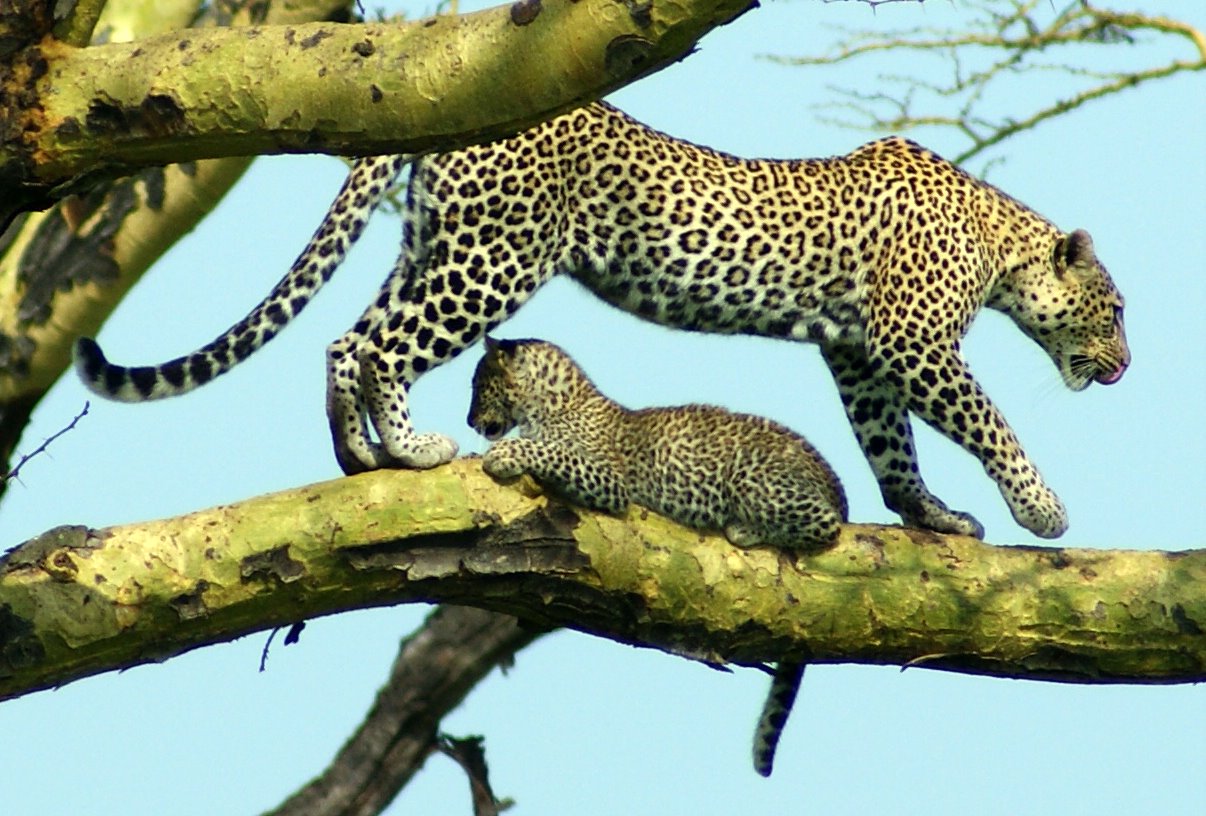
"Seek and you shall find"
Searching for animals involves many different aspects that can reveal the movement of animals. Including, among other things, tracks in the ground and damaged vegetation to name both of which help to give an indication of where the animals are. By using this information together with the experienced tour guide's intuition, the guide will be able to create a picture of the animal's movement and thus narrow the search area. Something else that also plays a big role is the cooperation between the local guides. Therefore, it is not inconceivable that several cars with guides work together to clarify where a particular animal is located. The actual search for the animals is part of the safari experience, and the time full of excitement and uncertainty about when you will get to see the animals turns into great joy when you succeed.
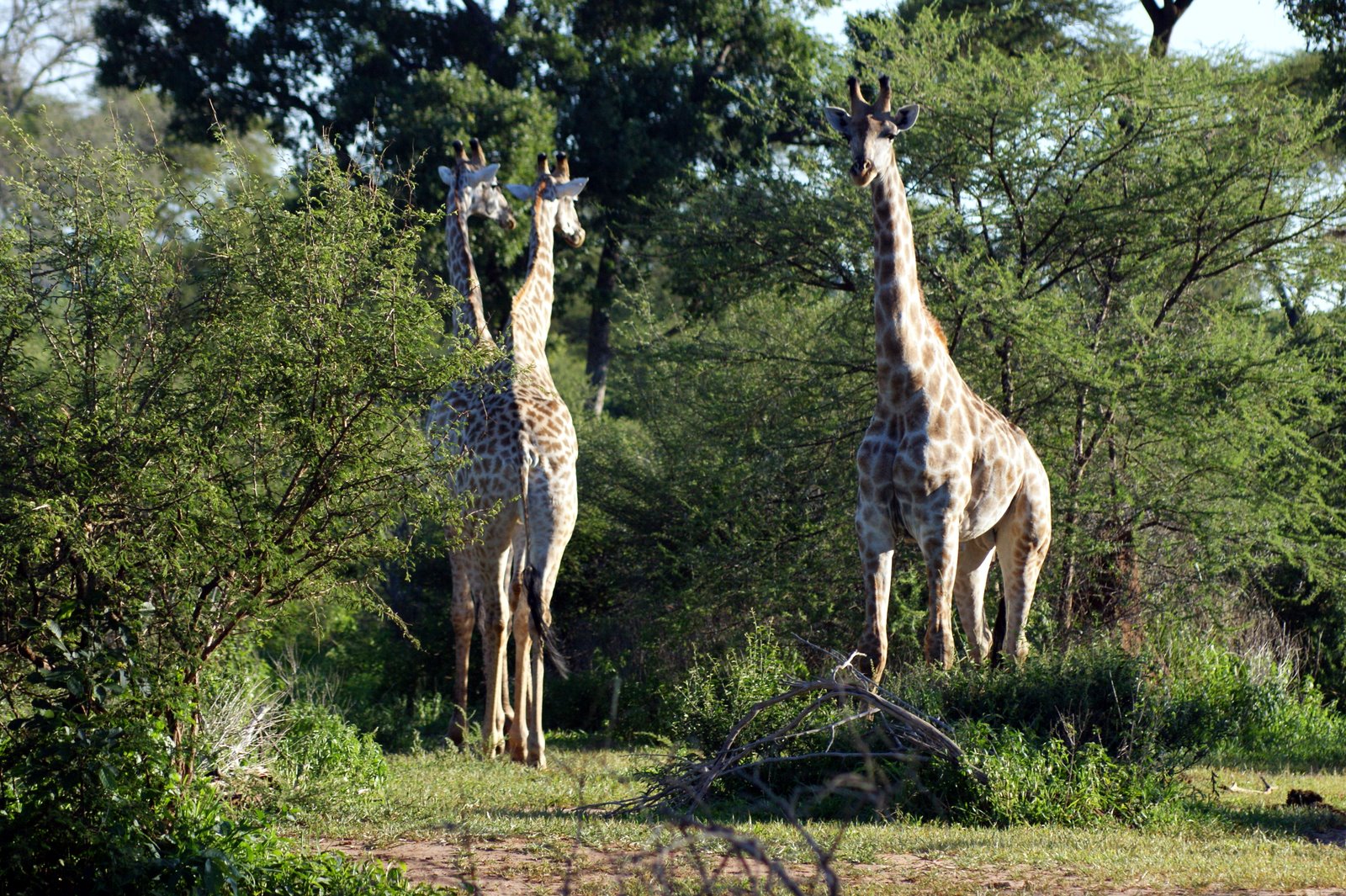
Read our previous article Veracruz: encounter with the traditions
Read our next article Top famous NYC Sightseeing Attractions- Empire State Building









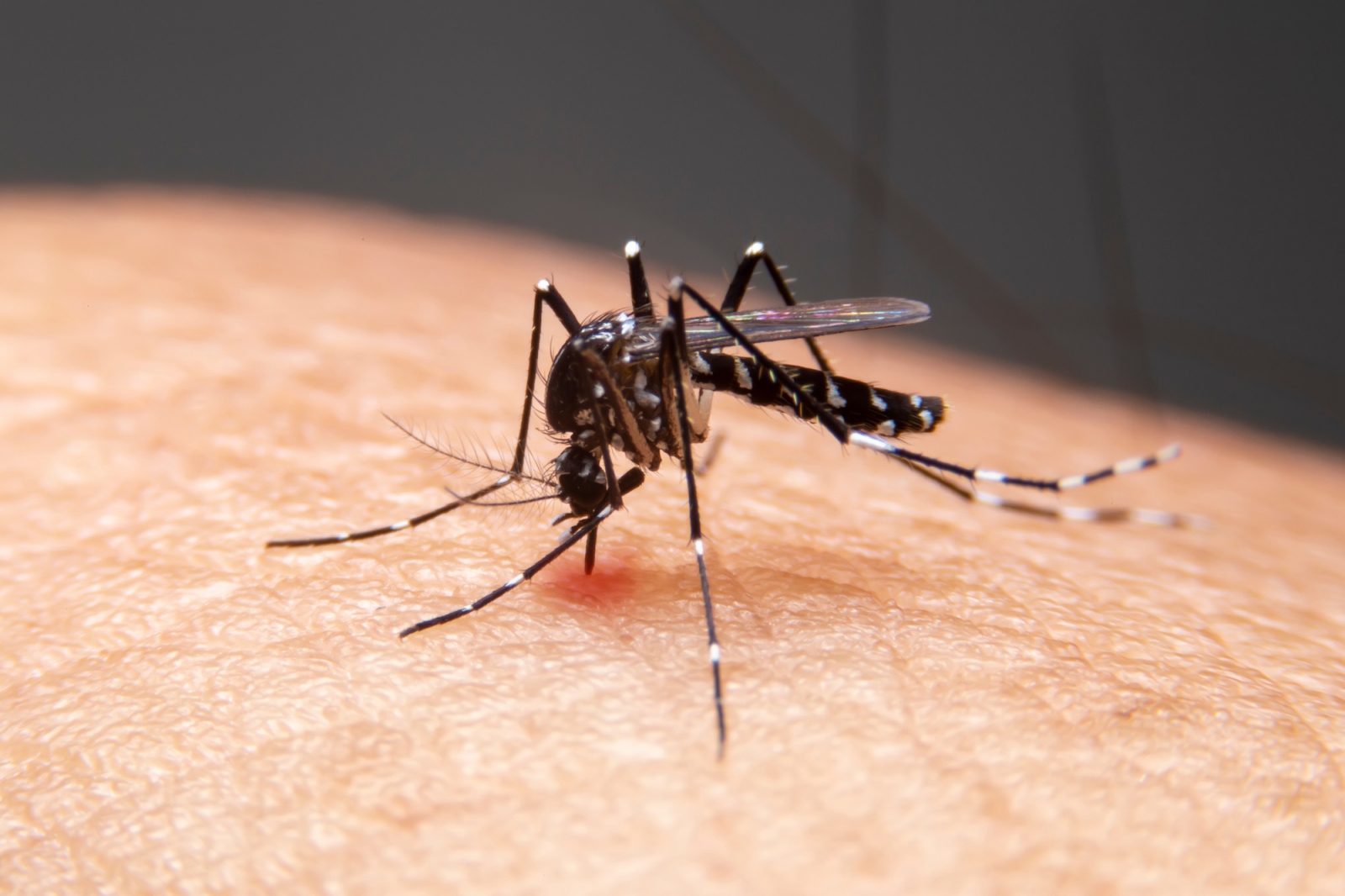

Hello I am SAMUEL MAISON SADERA thanks for your Link
You on a budget? Good, so are all my clients.